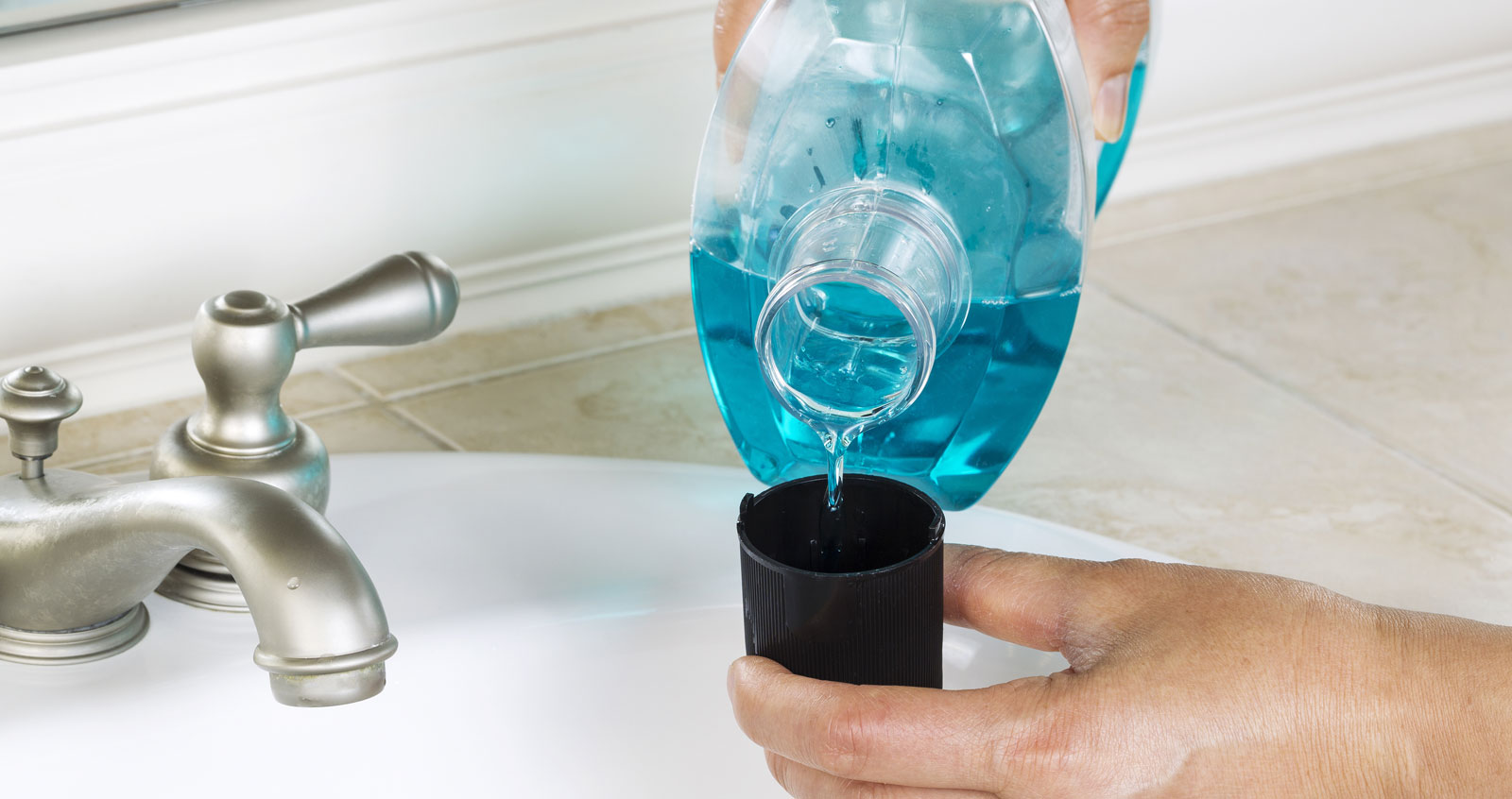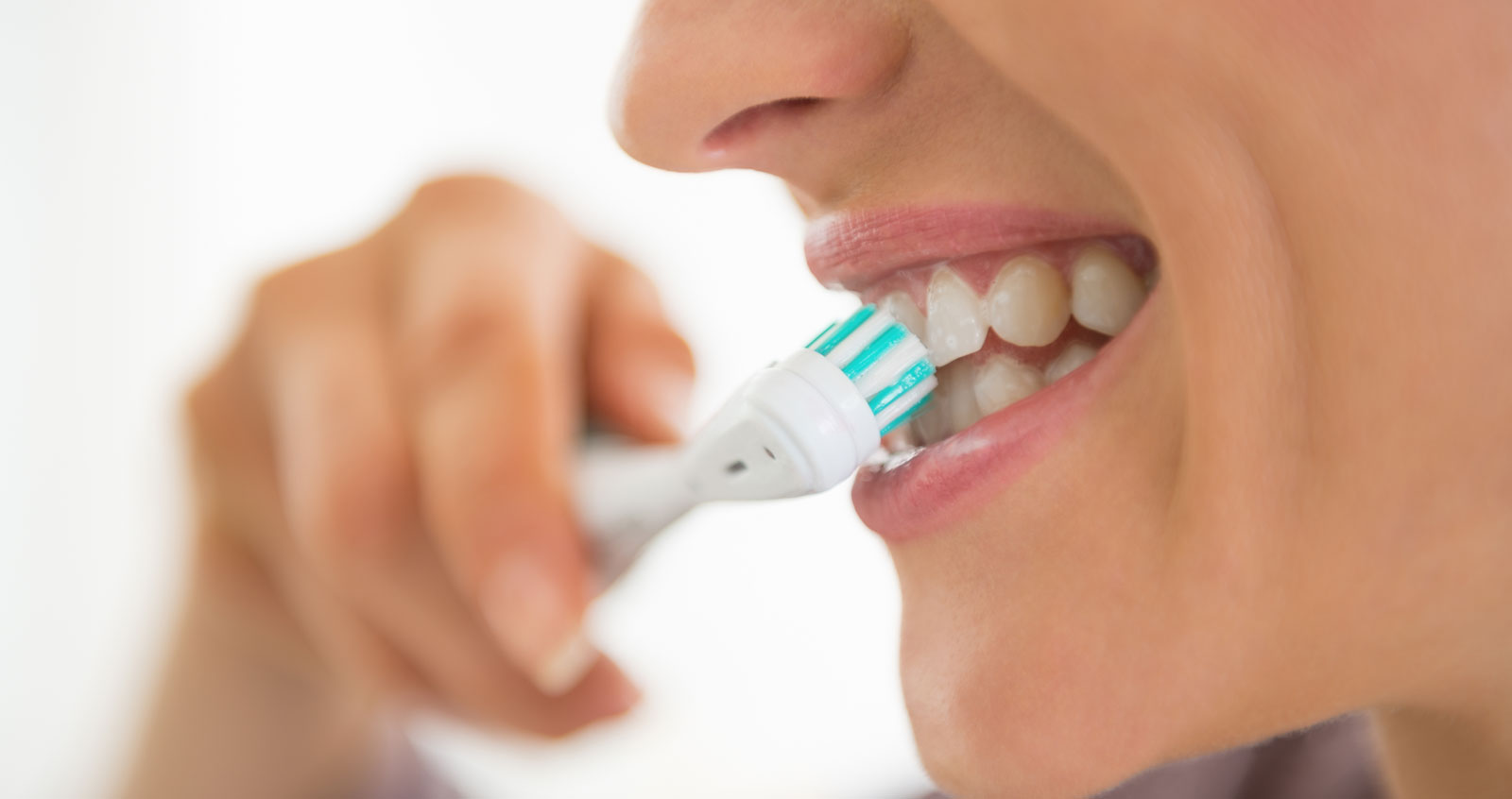Nitric oxide or NO is considered one of the most important molecules produced in humans. This simple molecule controls oxygen and nutrient delivery to every cell in the body, it regulates cellular communication and even has anti-microbial properties that protect our body from invading pathogens. In fact, this molecule is so important it was named “Molecule of the Year” by Science Magazine in 1992 and in 1998 a Nobel Prize in Physiology or Medicine was awarded to the three US Scientists responsible for its discovery.
Nitric Oxide Science
What you need to know about NO
Adequate NO production is required for optimal health and disease prevention
Loss of nitric oxide production is recognized as the earliest event in the onset and progression of most if not all chronic diseases, including the number 1 killer of men and women worldwide, cardiovascular disease. There are two ways the body normally makes NO. One is from the amino acid L-arginine. The enzyme that converts L-arginine into nitric oxide becomes dysfunctional. This is due to many factors including aging, oxidative stress, poor diet, lack of physical exercise, smoking, diabetes, high sugar diet, etc. The other pathway is from nitrate and nitrite found naturally in some foods. Each pathway contributes about 50% of the total NO production and one can compensate for the other. However, when NO production from both pathways becomes limiting, then that is when health problems start to occur.
There are a number of diet and lifestyle modifications that can positively affect NO production.
These four steps above will help naturally increase your nitric oxide levels and promote good health.
Ten Facts About Nitric Oxide (NO)
1.
Nitric oxide is one of the most important molecules produced in the human body.
2.
NO is a potent vasodilator that keeps your arteries open and clean from plaque build-up.
3.
Nitric oxide is made by every cell in your body; however, production declined by 10-12% per decade starting in the early 20s. By age 40-50, we make only 50%.
4.
Loss of NO production is associated with all major cardiovascular risk factors.
5.
Prescription drugs, such as proton pump inhibitors, NSAIDS, and Cholesterol lowering Statin drugs block the production of NO.
6.
Loss of NO production is due to the inability to convert L-arginine into NO so products that contain L-arginine or L-citrulline are not always effective at restoring NO production.
7.
NO has been shown to support healthy lowering blood pressure.
8.
NO may help improve the aging function and make you feel younger.
9.
NO is responsible for blood vessel dilation in the sex organs and is critical for optimal sexual function.
10.
Foods like beets and green leafy vegetables are rich in nitrite and nitrate that can be converted to NO when consumed.




